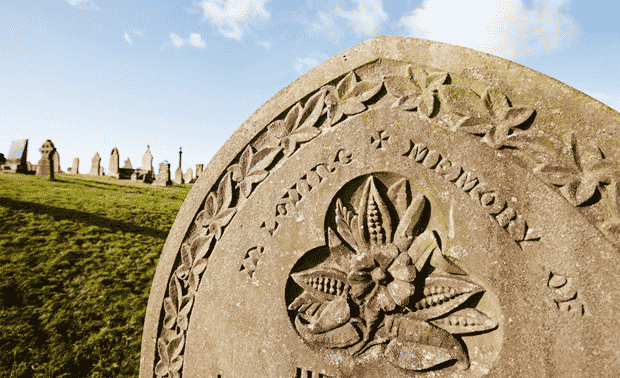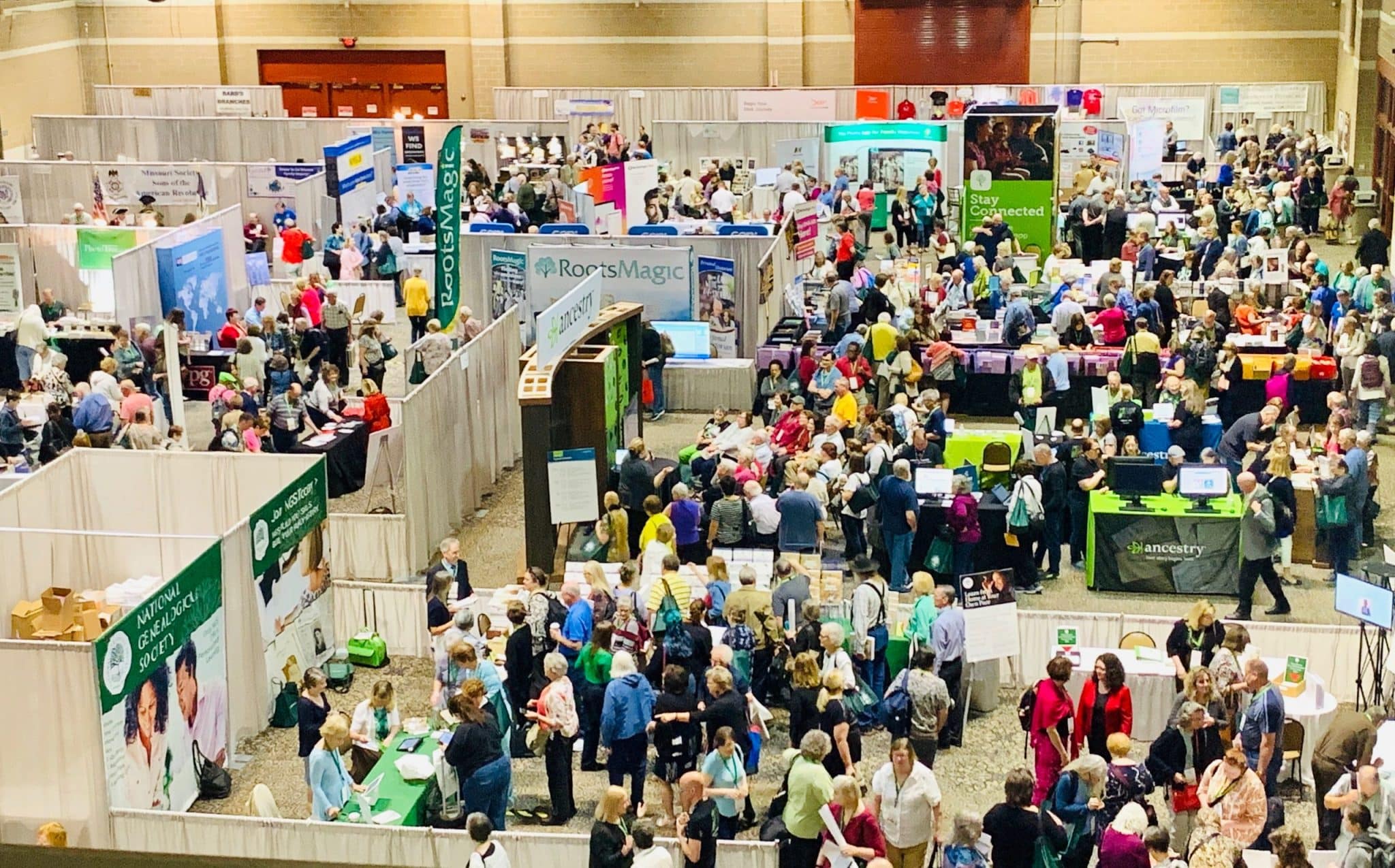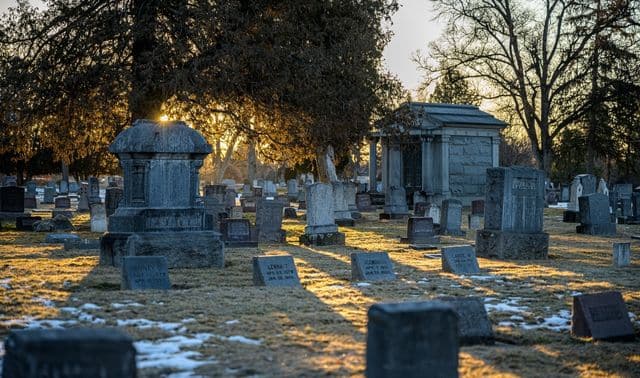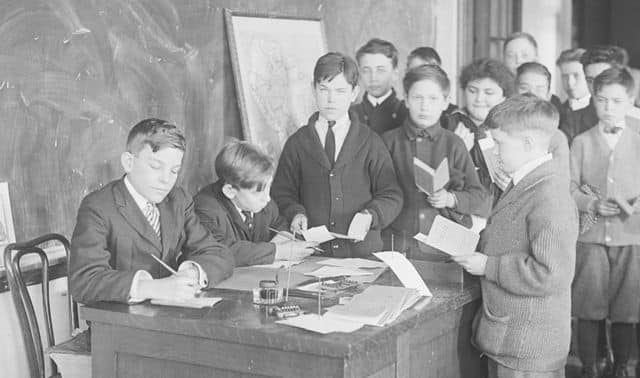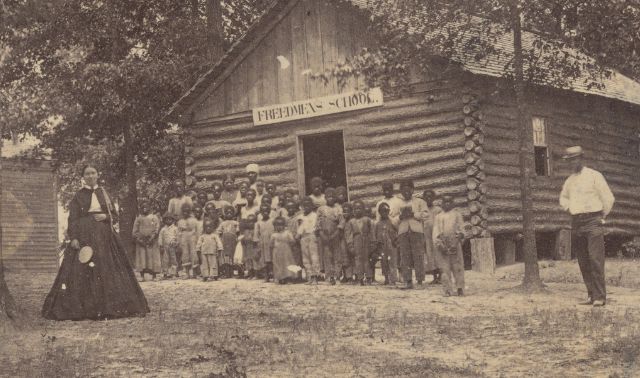Sign up for the Family Tree Newsletter! Plus, you’ll receive our 10 Essential Genealogy Research Forms PDF as a special thank you.
Get Your Free Genealogy Forms
"*" indicates required fields
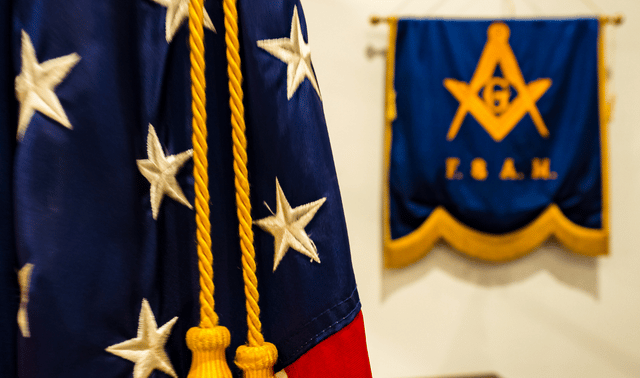
Q. “My grandfather was well-known among the Masons—in fact, one of the Masonic lodges in North Carolina is named for him. I’ve been trying to find information from while he was in the Masons. I can get to some websites, but can’t find a way to contact anyone. I’ve done all sorts of searches and come up with nothing. Do you have any ideas of where else I can search?”
A. Members of Masonic lodges are known as “accepted” Masons, or officially, Free and Accepted Masons. Freemasonry generally has three major “degrees”: entered apprentice, fellow of the craft and master mason.
Freemasonry also encompasses various “rites”—for example, the York Rite includes the Royal Arch Masons and the Cryptic Masons (advanced degrees of Freemasonry).
A man could petition a lodge for membership after he turned 21, but most didn’t until their 30s. See a list of Masonic abbreviations that may be clues a relative was a member. You can find abbreviations in An Encyclopedia of Freemasonry and its Kindred Sciences, which is accessible for free via Google Books. Find a list of abbreviation on page 2.
Knowing how Freemasonry is organized will help your search: Each Masonic lodge belongs to a Grand Lodge; there’s a Grand Lodge in every US state. The Grand Lodge of Ancient Free and Accepted Masons of North Carolina has a website with educational resources. Also check out The George Washington Masonic National Memorial website.
Most lodge records don’t go back as far as Freemasonry’s 18th-century origins. Many have been lost to fire—for instance, all of the California Grand Lodge’s records burned after the 1906 San Francisco earthquake, and the Arkansas lodge’s records burned in 1918. If you discover the records no longer exist, check local libraries for published histories of the lodge.
If your grandfather’s lodge still has records from his lifetime, you may be able to get his application and other records about his involvement. Keep in mind that prior to 1900, applications asked only for the name and age of the applicant, along with three references.
If you know the local lodge your grandfather belonged to, contact it first. Look in the yellow pages under Fraternal Organizations, or search for it online (to find a North Carolina lodge, use this locator). Supply your grandfather’s full name and his membership dates.
If you can’t find information on the local lodge or don’t know which one he belonged to, contact the Grand Lodge (the North Carolina lodge has a contact form on its website). Provide your grandfather’s town and county of residence, the dates he lived there, and when you believe he became a Mason. Grand Lodges receive many requests from genealogists, which means you might have to pay for record searches and wait a long time to receive a reply.
For more information, you may also want to see 101 Things You Didn’t Know About the Freemasons: Rites, Rituals, and the Ripper – All You Need to Know about This Secret Society by Barb Karg (Adams Media).
Related Reads
Last updated: February 2023
FamilyTreeMagazine.com is a participant in the Amazon Services LLC Associates Program, an affiliate advertising program designed to provide a means for site to earn advertising fees by advertising and linking to affiliated websites.

